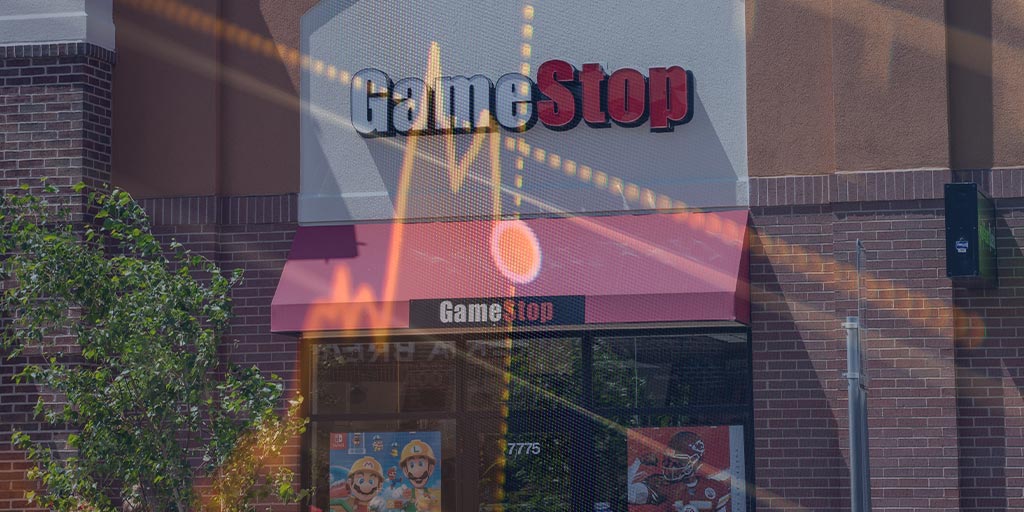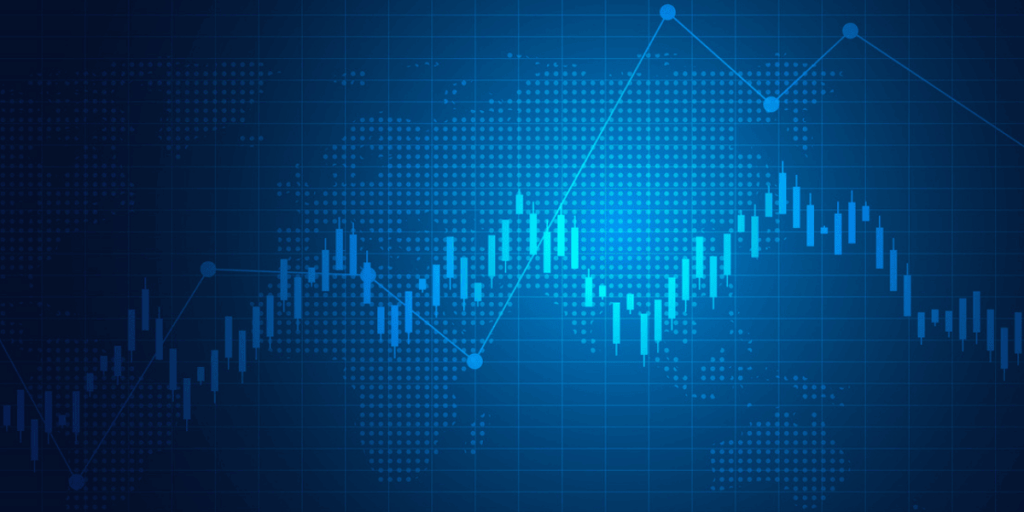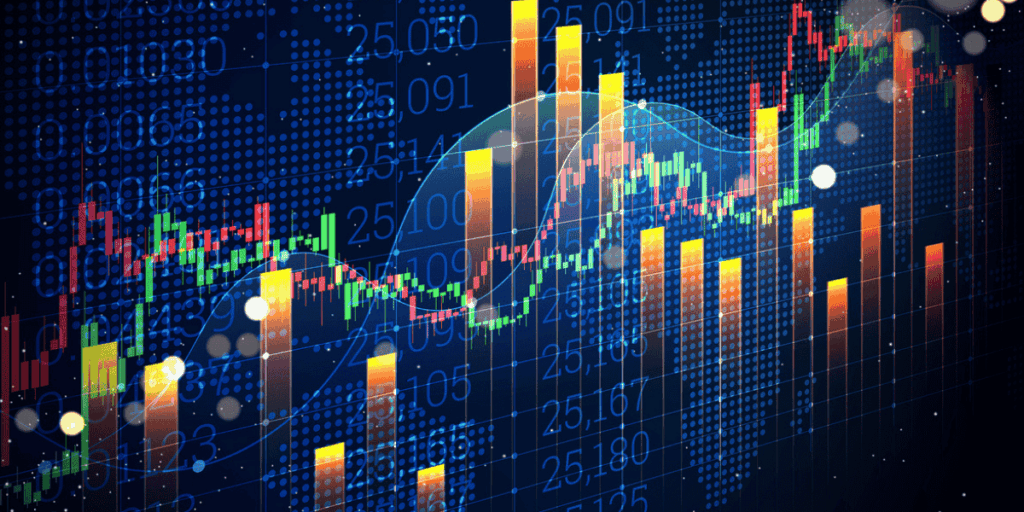Well, this was different. I can’t remember a week in the Market like we just saw. I don’t think it’s ever before happened. Settle in for a few minutes, as I will try to make sense of it all.
This has been called a David vs Goliath event. Hedge Funds tend to consider themselves the “Smart Money” on Wall Street while looking down at the retail customer as less smart, if not dumb, money. The individual investor decided to stick it to Wall Street, or so it seemed. A massive short-squeeze was the theme.
As a reminder, shorting a stock is a bet on it going down. A short-seller borrows shares from the Broker and simultaneously sells them with the plan to buy them back at lower levels and keeping the difference as profit. It doesn’t always work. I must say, traditional short-sellers tend to be very disciplined and very wise. They really do their homework. They keep the Market honest. But the number of shorts seems to have grown and some of the trades got really crowded. The result was an unanticipated storm. The shorts clearly did not see this digital army of individuals coming at them.
Going short is the riskiest strategy because a stock can theoretically go to infinity, resulting in limitless loss. Buying a stock, considered going long, comes with risk too, but it’s quantifiable with zero being the worst case. Stocks that pay safe dividends are less risky because your risk is less than zero. You get the point.
A handful of stocks, led by video game retailer GameStop, saw their share prices soar to unparalleled heights while their businesses continue to struggle to avoid bankruptcy. A herd of traders knew that GameStop was the most heavily shorted stock in the Market and sensed a major opportunity. Driving a heavily shorted stock higher forces short-sellers to cover, which means they have to become large buyers. It completely fed off itself as Hedge Funds scrambled to cut their losses. It’s what’s called a “short-squeeze.” These stocks spiked like geysers.
There was a major red flag here. GameStop’s short interest was larger than its float. In other words, there were more shares with a short position than actually in circulation. How that is permissible is beyond me. At one point, GameStop was up 2,000% in January. Bed Bath & Beyond and AMC had similar experiences. It’s hard-pressed to find more challenged businesses than brick and mortar retail and movie theaters during the pandemic. Stocks like this should not perform well under normal circumstances.
It’s not clear who exactly was behind this. The story is a band of individual investors congregated together on Reddit and other social media sites to trigger the move. What is becoming clear, in this environment, is it is easy to turn a crowd into a mob. The proliferation of social media makes it very easy to assemble individuals and ideologies. This is probably the most important social issue to take away while the regulators address the systematic Market issues. It’s been said that the little guy is getting back at the establishment for decades of Wall Street dominance. It sounds like there was definitely a lot of that. Remember, despite the damage done during the Financial Crisis a decade ago, there still wasn’t the level of accountability forced on the perpetrators that contributed to the chaos and carnage. Some of the blogs this week indicate this is the payback. There could also have been some bigger buyers sensing an opportunity as well.
Speculation has been rampant for a while. Before this short-squeeze, there was a massive long-squeeze. It started last Spring, in the wake of the Crash, when the Fed turned on its financial spigot to stem the slide. Cheap money has contributed to the increased speculation. Free trades have too. There were over 10 Million brokerage accounts opened in 2020. That was a record; by a longshot. Government stimulus checks and zero commission trading during a pandemic has been a major catalyst as people have been quarantined and looking for opportunity.
In order to prevent the chaotic price action in GameStop and the others from continuing, Broker Dealers essentially stopped the game. Robinhood, the FinTech startup designed to attract the next generation investor, is ground zero for this event. Robinhood first rolled out the free trade campaign, forcing the other brokers to follow. Robinhood took its name to attract the young, individual investor.
As we know, the legendary Robinhood traveled through Sherwood Forest with the purpose to rob from the rich and give to the poor. The modern-day Robinhood seems to be caught in conflict. In order to provide free trades to its millions of customers, the FinTech broker sells order flow and data to large institutions and high-frequency traders to use in their models and trading algorithms in exchange for cash. So who is the true Robinhood customer? Free trades come at a cost. There’s no such thing as free. Somebody, somewhere is always covering the cost. It’s a message worth repeating.
The retail trading world is outraged at these trading limits imposed by Robinhood and other brokerages this week. Questions are circling about the protections that should be in place for investors. The blowback was harsh and wide. Investors and policymakers blasted the trading limits, including from Capitol Hill. Alexandria Ocasio-Cortez and Ted Cruz, accused the trading platform of seeking to protect Wall Street’s interests at the expense of smaller investors. This has got to be the first time that AOC and Cruz have agreed on anything. The implication is that Wall Street only cares about the rules when they are negatively impacted. The restrictions on the securities at issue allowed for sales only. Nobody could buy them on Thursday. That certainly did not benefit the Robinhood customers. The restrictions were slightly loosened on Friday. They’ll probably get changed again. It’s also happening in a period with no new SEC Chairman having been confirmed.
The bigger point is, this is not just about a couple of stocks. It seems more like a systematic issue of Free Markets and transparency. The entire system needs more transparency. While Robinhood may have enabled the commission-free revolution that led retail investors into the Market, it has also led to a moment of reckoning over how healthy public markets should work and function. This is such an important issue. Free, public markets are designed to match buyers with sellers to establish true fair value. Something is only worth as much as people are willing to pay for it. Regulators cannot pick and choose which participants are able to play in the Market or the true value of healthy share prices. There’s also the issue of personal responsibility. If Hedge Funds are the smart money, then they have to be held accountable to poor decisions just like anyone else. The rules can’t be changed midgame. The pros are also going to have to get a whole lot smarter on how they take bets against companies if an army of day traders can be rallied within hours to make that bet go wrong. A hedge fund, or any investor, should not be able to get 10x leverage and short 140% of a company in any market. Should mob and herd mentality of rolling into stocks be curbed? This is becoming a big thing in the Digital Age. Regulators may want to step in on both sides, but government bodies may also be fueling the bubble. Excessively easy money policies from the Fed, taking interest rates to zero, have driven investors out of savings accounts and CDs, encouraging riskier behavior to seek a better return.
The Stock Market has been one of the greatest wealth creators in American history. Assets have increased in value far bigger and faster than income. It is so hard to get ahead these days without equity ownership. But equity ownership is about investing. Investing is about longer-term fundamental business growth and asset appreciation. There’s always been a speculative edge in the Stock Market. There always will be. History is filled with cycles of speculation which have pockets of gambling characteristics. This stage is just the most recent. I will never forget hearing a Safeway checkout clerk say he put everything he had in what he called 2 “can’t miss stocks.” It was early in my career. The year was 1999. The Safeway store was in San Francisco, on the corner of Mason and Bay. The stocks were Yahoo and WebVan. They were both going to change our daily lives forever. Yahoo has never been the same and WebVan went under in less than 2 years. Those are important lessons. Smart people learn from their mistakes. Brilliant people learn from the mistakes of others. Unfortunately, many never learn.
Something very important: Despite the turbulent price action in the Stock Market, there were no signs of stress in the Bond Market. This indicates the issues are systematic, not systemic. The overall financial plumbing is flowing just fine. But the Stock Market has been overheated for a bit. This corrective price action will likely have more to go in the near-term, regardless of what happens with the short-squeeze. Both the Dow and S&P gave up gains for the young year. The Dow fell below 30K. This could be the beginning of a healthy correction for a Market that was already showing signs of overheating. Lost in the shuffle this week was a record earnings report for Apple. The stock sold-off, in part due to the fact it had seemingly already priced in strong results. Also, in a period of short-covering, scrambling Hedge Funds are forced to sell what they can, not just what they want. Quality was for sale this week too. That’s what gets us interested, buying quality on sale. We also like the Boring Blue Chips that pay attractive dividends whose businesses are completely unaffected by this chaotic activity.
Today was the last trading day of January. The first month of the new year sure has been eventful. Hang on tight. As goes January, so goes the year…
Have a nice weekend. We’ll be back, dark and early on Monday.
Mike






